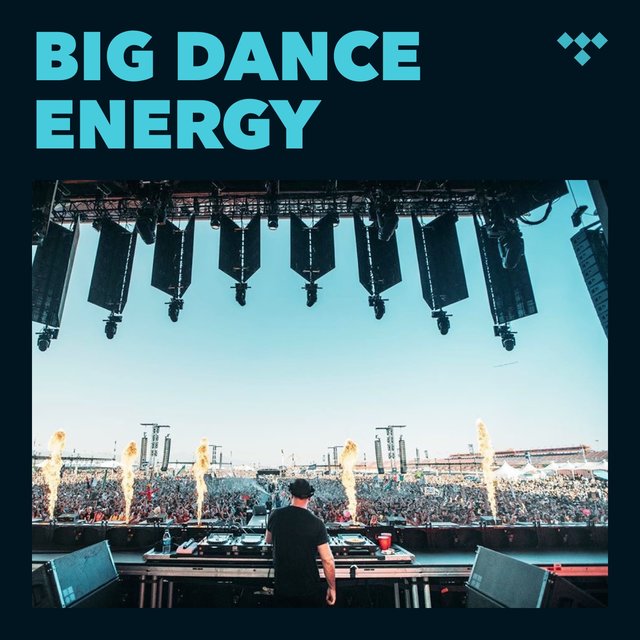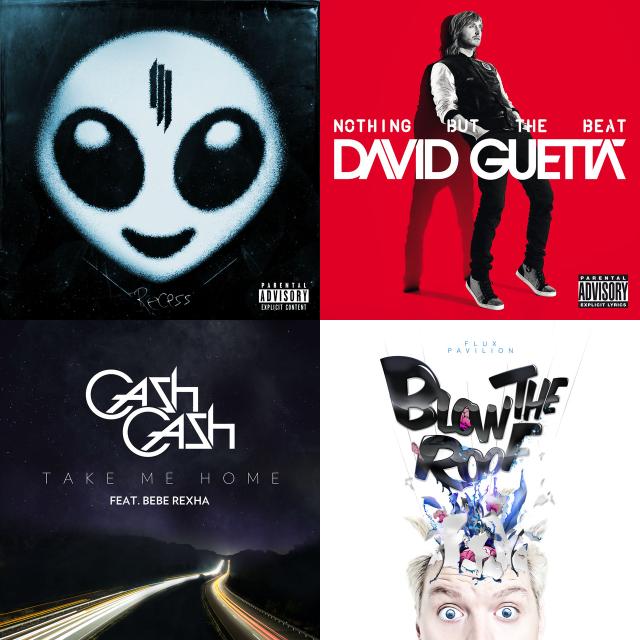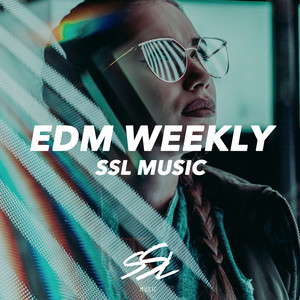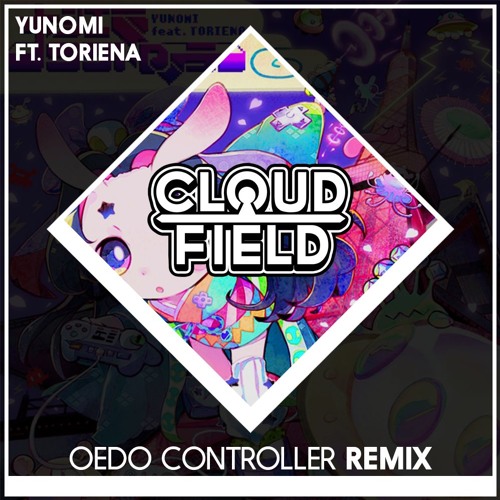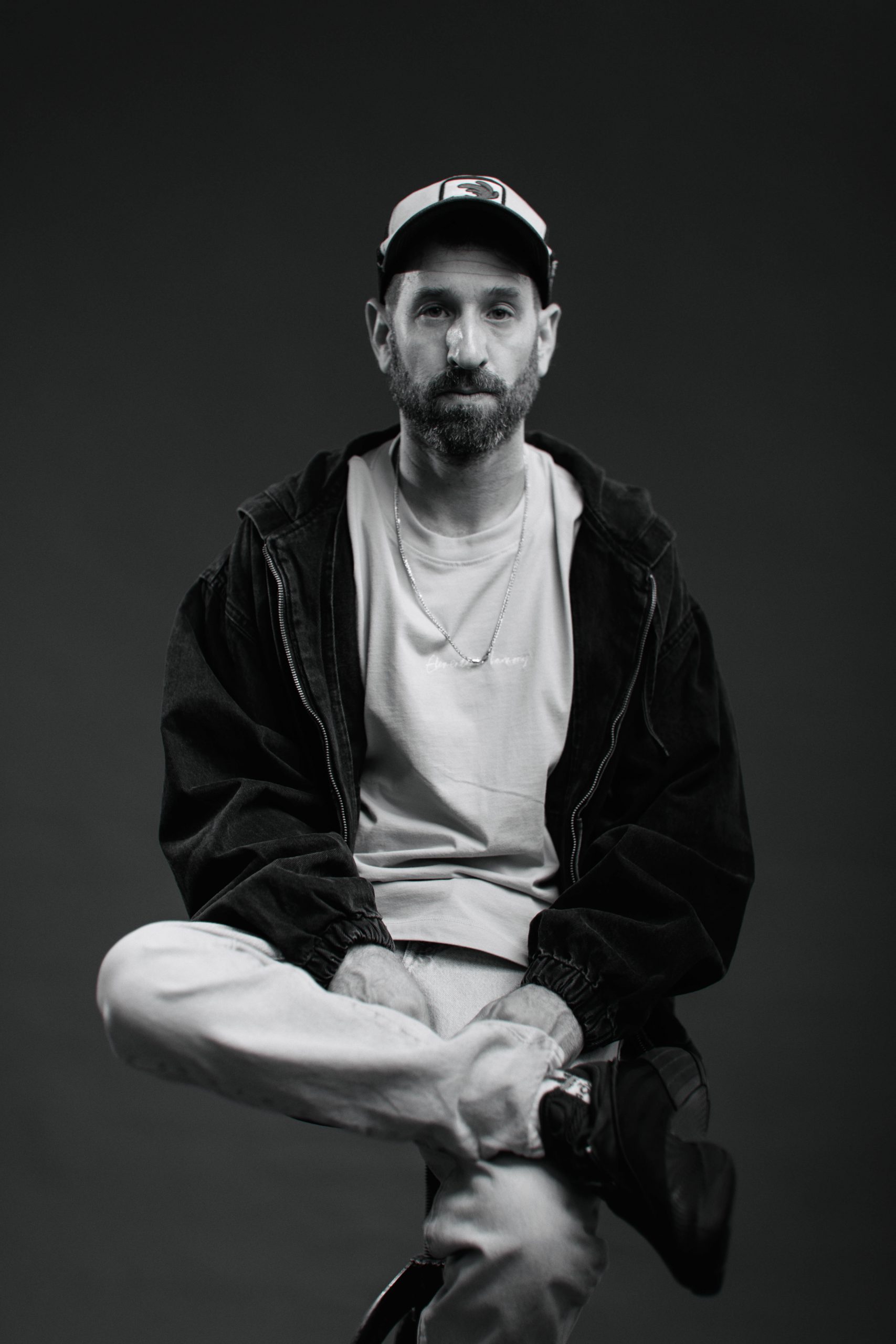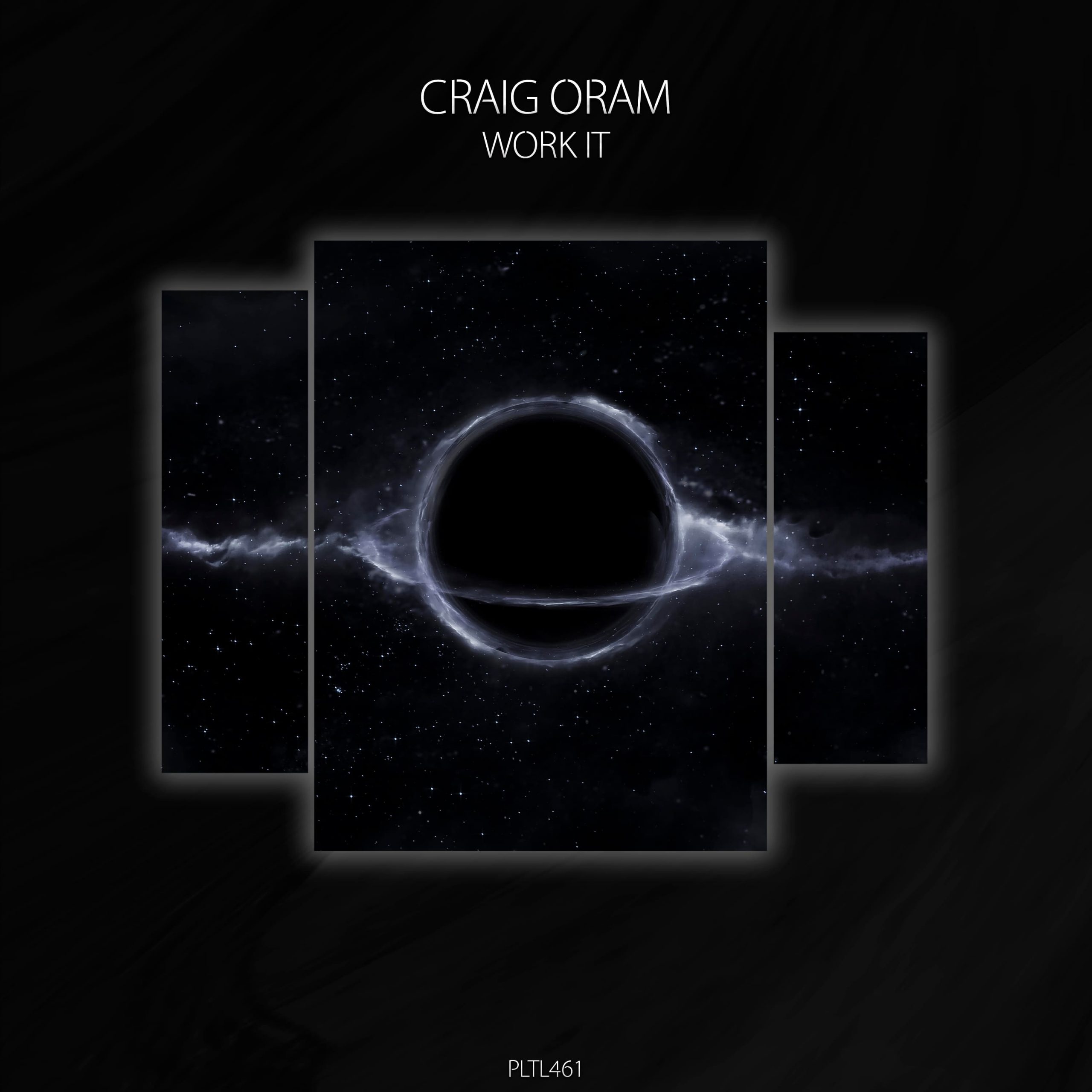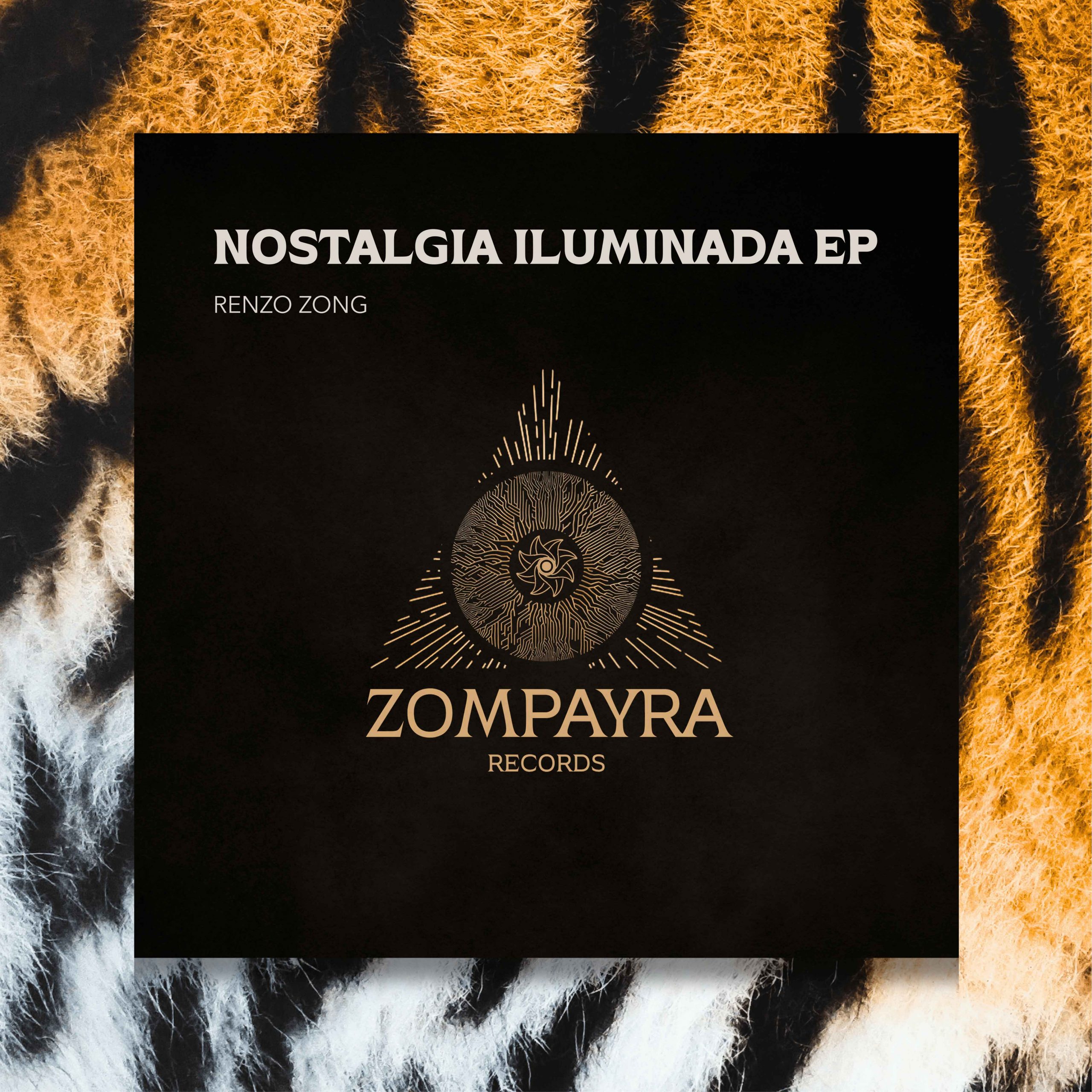NPR shares 'We Insist' playlist detailing 'a century of black music against state violence'
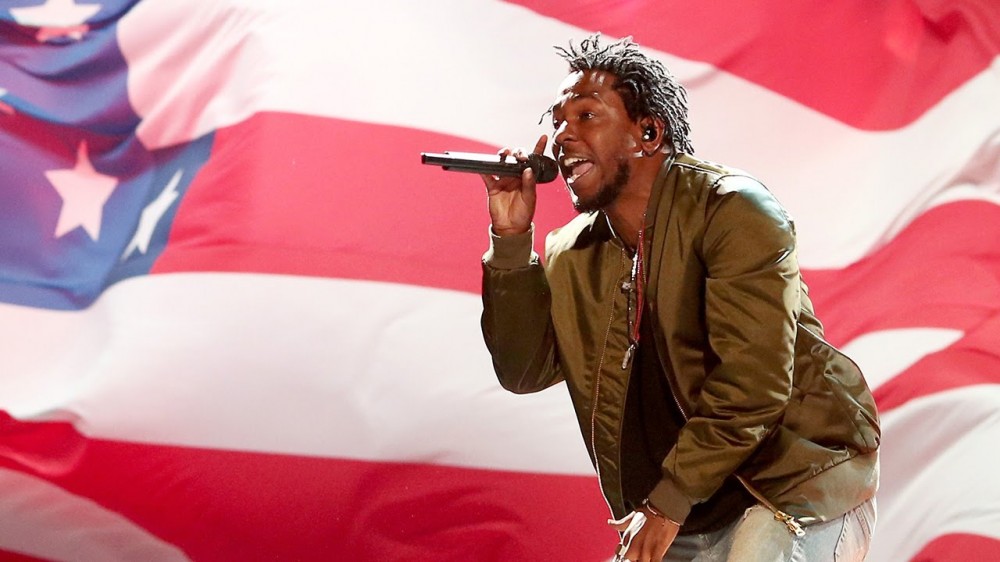
2020 will be remembered as the year when hundreds of thousands of people all over the world took to the streets despite a global pandemic to fight for racial justice. George Floyd’s murder in police custody ostensibly restarted a conversation that should have never stopped to begin with. Because for black people, this problem is constant, ubiquitous, and unending.
This fight stretches back to 1619 when the first slaves were brought to America, and ever since black people have had a musical platform, they have used that platform to fight for the freedom of their people. NPR Music recently compiled a playlist of music recorded in support of that fight stretching back nearly 100 years entitled, “We Insist: Black Music Against State Violence.” NPR‘s playlist curators offered an introduction to explain the intentions and history of the music included, the last paragraph of which can be found below.
“The 50 songs discussed in this list often describe specific acts of police violence but they are not limited to that subject. Together they construct a kind of timeline of an ongoing movement within American music, stretching back more than a century. It is meant to be revelatory but not complete. The songs here take on some of the ugliest stories with which America—and, since it goes international, the world—has to reckon. They mourn the dead and fight for the living. Some are easy to identify as protest songs; others feel like a party. Many address police violence directly decades before that subject became a lodestone in hip hop. Some of these songs have been misinterpreted even when their messages are perfectly clear. All contribute to the history of black people showing what America’s official histories would hide in plain sight: the destructiveness of white supremacy and the uprisings against it that are not only organized and political, but personal. Like music itself, this spirit of resistance takes many shapes, but has never been silenced. As Baraka said of Coltrane, all you have to do is really listen.”
The 50 songs are split into four sections, listed chronologically in the playlist. They are as follows:
“1927–1963: Witness & Resistance”
The Roaring 20’s was the period where shout songs and other traditional cultural styles of music birthed through the struggles of the black community first began to coalesce with the instrumentation brought over from Europe forming styles like ragtime, crooning, and early jazz. It was in this time when the black community first demonstrated their virtuosity and mastery of the stage, and they were quick to denounce the horrendous systemic treatment they had experienced for over three centuries prior.
This section of the playlist represents the initial call to action. The black community laying their claim to this country, spreading their message of resistance through music long up until and following the civil rights movement. Hence why such figures vital to music history like Louis Armstrong, Billie Holiday (her song “Strange Fruit” would later be sampled by Kanye West for “Blood On The Leaves”), and John Coltrane are found here, further making the case that all popular music to ever emanate from the US was in some way the byproduct of black culture.
1967–1985: Black Power
The 1960’s through the 80’s in America are regarded as one of the most plenteous times in musical evolution. In the span of two decades, there was an explosion of new styles—rock ‘n roll, funk, disco, soul, hip-hop and even house and techno at the tail end, black culture being the common denominator between all of those genres.
Following the civil rights movement, public figures like Dr. Martin Luther King, Jr., Malcolm X, James Baldwin, W.E.B. Dubois, and others further empowered the black community to stand up for their rights. It was this fire that fueled unhindered artistic exploration and resulted in some of the most celebrated music in history. Marvin Gaye‘s “What’s Going On,” Stevie Wonder’s “Living For The City,” Rick James’s “Mr. Policeman,” are more than just classic belters, they’re sonic representations of collective unity in the fight for justice.
1985–2012: Policing & Protest
While the civil rights movement and its martyrs made significant progress for racial equality, the fight was (and is) no where close to being done. In fact, it was truly just beginning, and that’s what the music of this era denotes.
With rap now a major player in the musical zeitgeist, eventually growing into the most major player by the end of this era, the systemic struggles of the black community were now being delivered with far less room for interpretation. Rap brought “Fuck Tha Police,” (N.W.A.) “Cop Killer,” (Body Count) and “Sound of da Police” (KRS-One), to name only a few. But the emergence of rap wasn’t the only propulsion of this unfiltered social rhetoric. As the music industry grew into an international economic powerhouse, black artists of all different expressions would grow alongside it.
This section of the playlist extends until 2012, including songs from artists like Gregory Porter and Esperanza Spalding no doubt inspired by Michael Jackson, Prince, and other monoliths of the time. But what leads into the fourth and final section of the playlist is something very important for the advancement of this movement: the acceleration of technology.
2014–2020: Black Lives Matter
Before this era, the privileged peoples of the world could live their whole lives without encountering systemic racism. Then, seemingly overnight, everyone got their own personal pocket-sized video camera and suddenly horror after horror came popping up as notifications on a touch screen. It was impossible to ignore—or culturally sugarcoat—any longer, and the Black Lives Matter movement was born.
Songs like “The Blacker The Berry” by Kendrick Lamar are the anthems of this movement, and new songs are being written every day in support as depicted by the three songs released in 2020 that close out the playlist: “Pig Feet” by Terrace Martin, “Sweeter” by Leon Bridges, and “The Bigger Picture” by Lil Baby. Each of these final three adopt a particular viewpoint of the movement, but paramount to note is that not all are grounded in cynicism. In fact, “Sweeter” is grounded hope. Hope born from the worldwide response that has confirmed this recent wave of protests as the largest display of civil rights activism in history.
With that kind of unity fueled by the music like that found in this playlist, real change is coming.


